Aviation is evolving constantly thanks to the adoption of Artificial Intelligence (AI) and other cutting-edge technologies. In recent times, AI serves as transformative force, especially in the wake of the pandemic, where the industry has sought more efficient and secure solutions.
AI in Aviation: The Dawn of a New Era
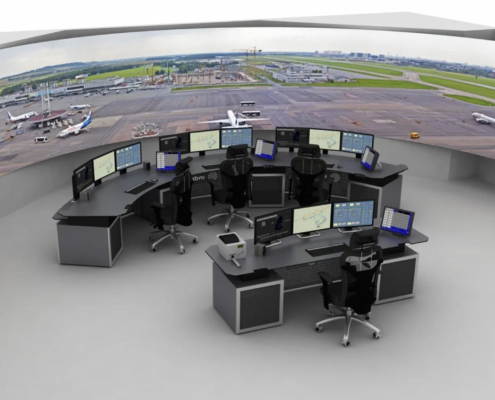
Image: itsitio
Artificial Intelligence in aviation has positioned itself as a vital tool capable of analyzing vast amounts of data, such as the 2.5 terabytes generated daily by an Airbus A350. This aims to reach 8 terabytes per flight by 2026, demonstrating the enormous volume of information that AI can handle.
Thanks to this analytical capacity, AI can provide rapid mathematical solutions to specific problems, which will be essential in managing air traffic expected to increase in the coming decades. The number of aircraft is expected to double, and passengers are expected to increase by 300%. Since its faced with this growing demand, AI, along with other digital tools, becomes the perfect ally for air traffic control towers and aircraft cabins.
Humans and Machines: A Necessary Collaboration
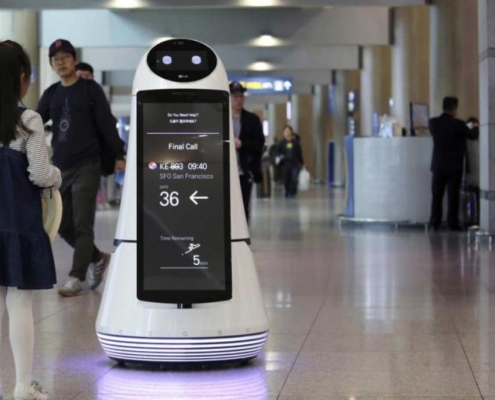
Image: Ahn Young-joon / AP
Despite the power and efficiency of AI, its integration into aviation should not diminish the human role. Veteran pilots like Chesley “Sully” Sullenberger argue that in emergency situations, where machines cannot foresee all risks, human intervention remains vital. Furthermore, history has shown that having two pilots in the cockpit enhances safety by allowing cross-verification of procedures and the distribution of responsibilities.
An Industry in Revolution
AI is not limited to air traffic management. Its influence extends to areas such as:
Generative design: Companies like Airbus are producing lighter and more efficient parts using generative structures and AI algorithms.
Operations optimization: Start-ups like Safety Line use AI and in-flight data analysis to assist decision-making, optimizing flight paths and saving fuel.
Predictive maintenance: AI anticipates the need for maintenance. This results in reducing costs and preventing unexpected failures.
Safety and flight management: In the near future, AI will integrate with flight management systems, adapting in real-time to various factors.
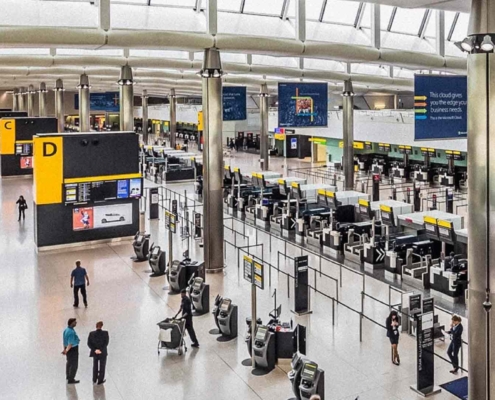
Image: A21
Aircraft development: Projects like Tempest in the UK benefit from AI to assist pilots in critical situations and monitor their health.
Energy innovations: Airbus is exploring hydrogen-powered aircraft, while others lean toward electric or hybrid aircraft. AI will play a crucial role in managing and optimizing these new technologies.
AI in aviation, with its ability to process vast volumes of data and optimize processes, is creating a shift. However, it is essential for airlines to maintain a balance, ensuring that human experience and technology work together to ensure safe and efficient operations. The aviation of the future will depend on a harmonious collaboration between humans and machines.



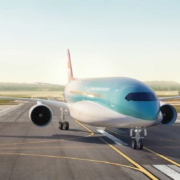
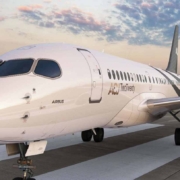
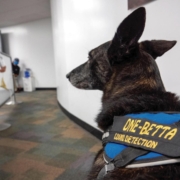

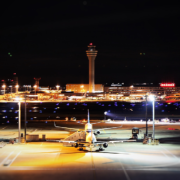

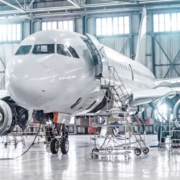


Leave a Reply
Want to join the discussion?Feel free to contribute!